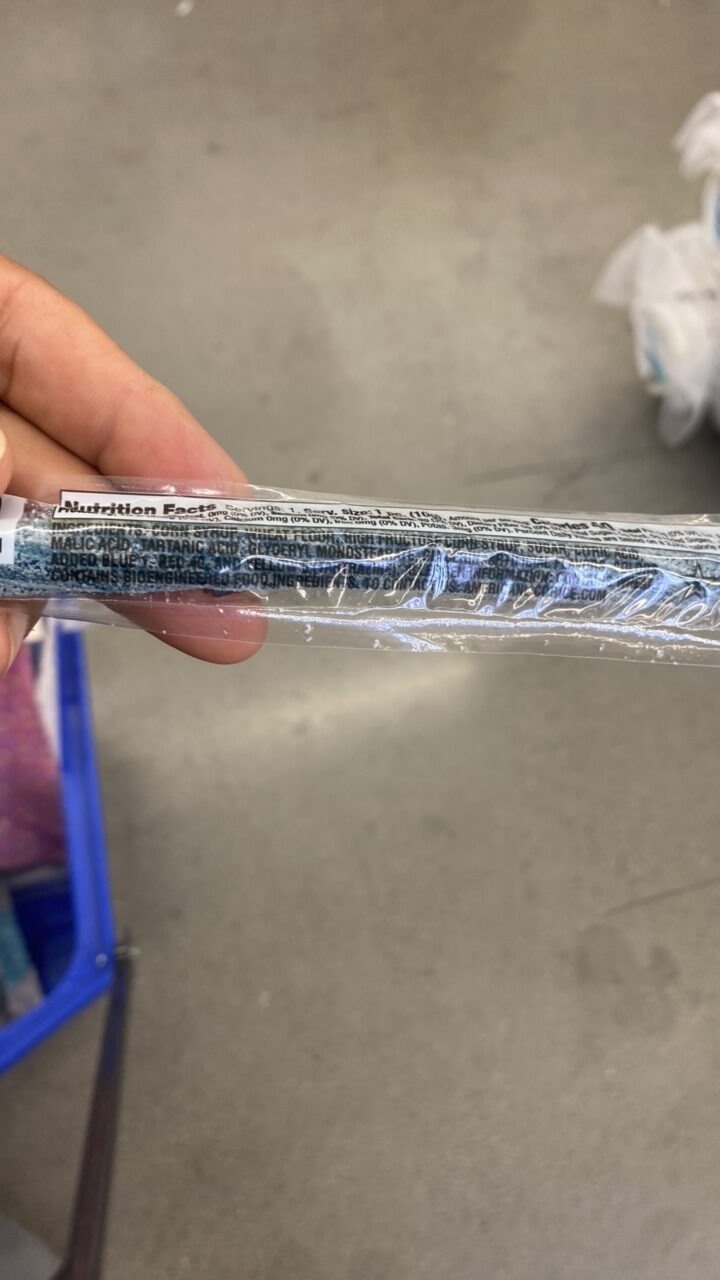
Barcode: 041364012391
Nutrition Facts
HALAL
📝 Reason: Several ingredients in this product, such as glycerol monostearate (E471), modified food starch, and artificial flavor, are considered ‘doubtful’ for Halal status due to potential sourcing from animal products or use of alcohol as solvents. While no Haram (forbidden) ingredients or Haram Ecodes are found, the absence of Halal certification and the possibility of non-Halal sources for certain emulsifiers and additives render the overall Halal_Result as Doubtful according to Islamic dietary guidelines (Quran 5:3, IFANCA). Cautious Muslims should seek further verification or certification prior to consumption.
📄 Certificates: Vegetarisch
Ingredients:
Details
Understanding the Halal Status of Nutrition Facts
When it comes to dietary choices, it is paramount to understand whether the food products we consume are Halal. In this article, we will explore the Halal status of the product ‘Nutrition Facts’ and examine each ingredient to determine its compliance with Islamic dietary laws.
Overall Halal Status: HALAL but Caution Advised
The Halal status of Nutrition Facts is classified as HALAL. However, it is essential to note that while there are no explicitly Haram (forbidden) ingredients identified, certain components are categorized as ‘doubtful’ due to sourcing concerns. This uncertainty arises largely from ingredients such as glycerol monostearate (E471), modified food starch, and artificial flavors, which could potentially originate from animal products or involve alcohol in their production processes.
Ingredient Analysis
To give you a comprehensive understanding, let’s break down the ingredients:
- Malic Acid (E296) – Generally produced from fruits or synthetically, malic acid is considered Halal. It adds a sour taste to food products. Learn more.
- Tartaric Acid (E334) – Derived from grapes, it is considered Halal as long as it is not sourced from alcoholic production. Learn more.
- Sugar – Standard table sugar (sucrose) is primarily plant-based and thus Halal, although sourcing with bone char raises some concerns, albeit rarely in many regions. Learn more.
- Corn Syrup – Halal by default, as it is derived from corn starch. Learn more.
- Glycerol Monostearate (E471) – This emulsifier can be animal or plant-derived. The lack of specific certification makes its Halal status doubtful. Learn more.
- Sodium Citrate (E331) – A synthetic compound known for its Halal status. Learn more.
- Modified Food Starch – Its Halal status is uncertain unless certified Halal, as its source may involve various chemicals or enzymes. Learn more.
- Artificial Flavor – Often includes carriers derived from animals or alcohol, making it a doubtful ingredient without certification. Learn more.
- Blue 1 (E133) – A synthetic colorant that is fully Halal. Learn more.
- Red 40 (E129) – Another synthetic dye recognized as Halal. Learn more.
- Yellow 5 (E102) – This synthetic dye is also considered Halal. Learn more.
Conclusion: Proceed with Caution
While the Nutrition Facts product is generally categorized as Halal, it is wise for consumers to verify individual ingredients, especially those categorized as doubtful. For strict dietary adherence to Halal guidelines, obtaining further assurance or Halal certification from the manufacturer may be prudent. Remember, it’s always better to approach dietary choices with knowledge and caution.
We invite you to share this information with your community and subscribe to stay informed on the Halal status of your favorite products!
